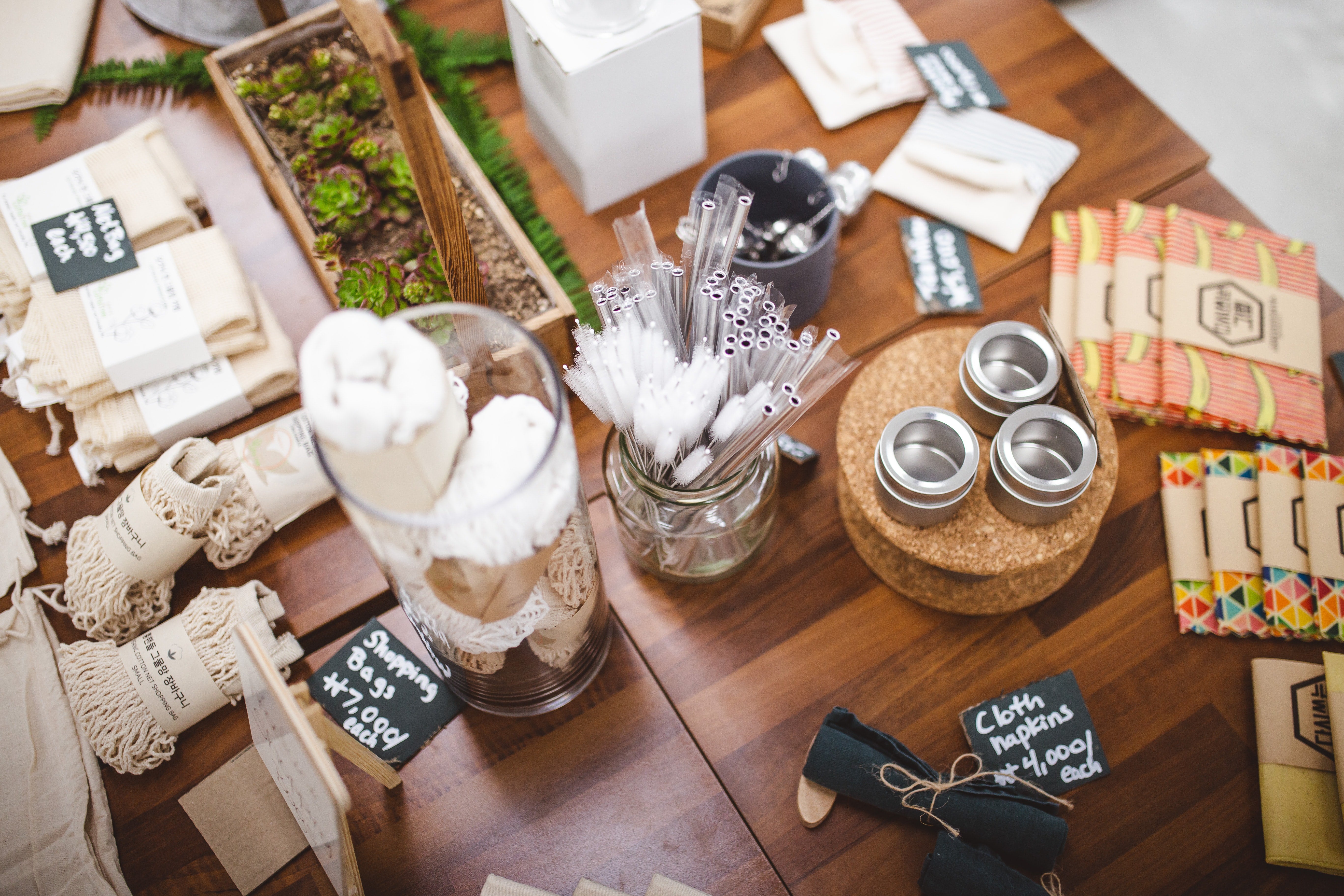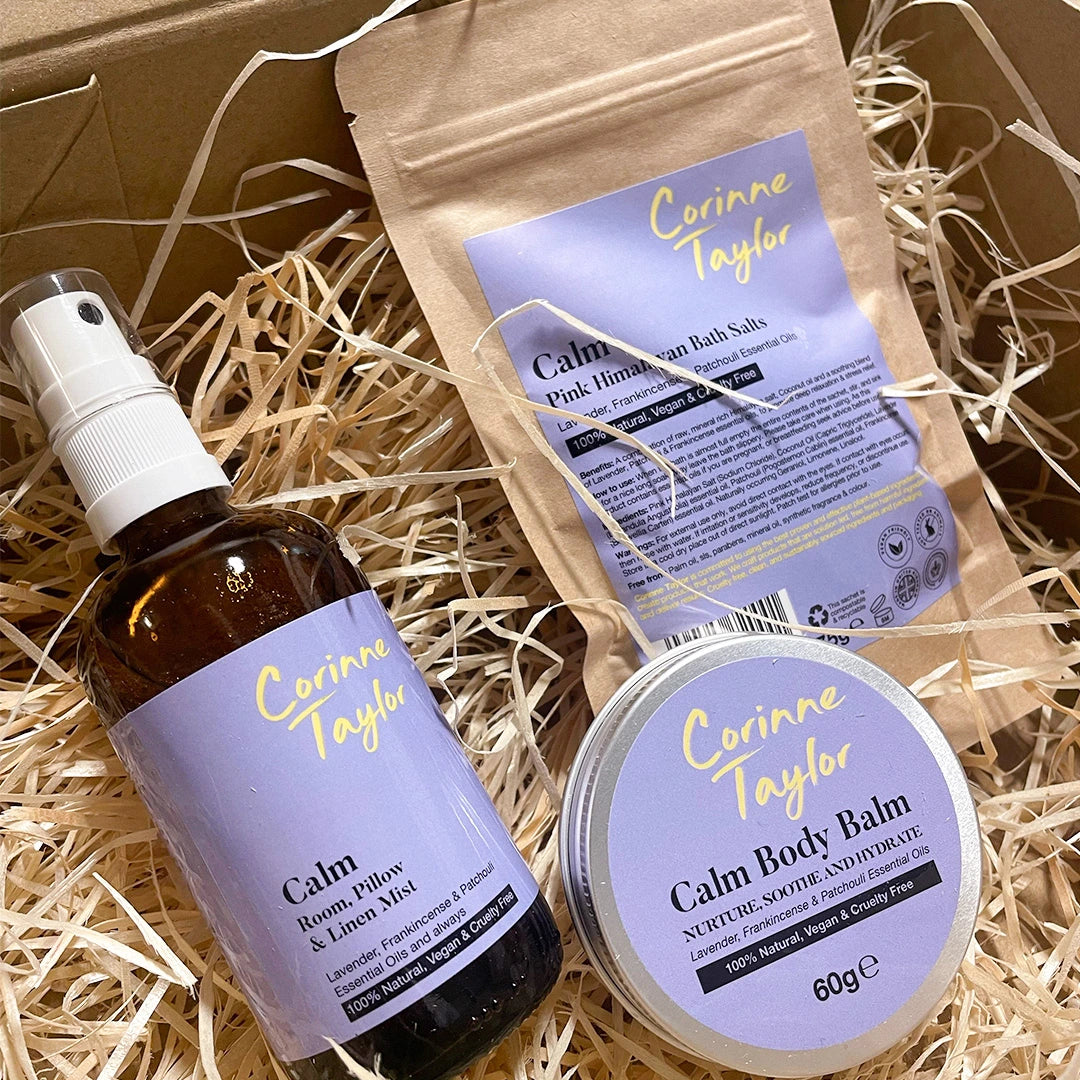
5 tips for going Zero Waste at Home
It's Zero Waste Week - a perfect reminder for most of us that we could still be doing more to live sustainably and help to protect the environment.
Zero Waste may sound inspiring, but it can also feel a little daunting. For some of us, embracing a whole zero waste lifestyle is something we are striving towards, for others, we are just looking to make a few small changes at home. This week is a great time to jump in and see what adjustments you can make.

What is Zero Waste?
Simply - the term 'zero waste' refers to the idea of reusing products when possible, cutting down on items sent to be recycled, and avoiding sending trash to landfills.
Why go Zero Waste at home?
There are lots of reasons to work towards zero waste at home. From saving time and energy, to cutting down on how much you shop. It helps reduce pollution, cuts down how much you send to landfill and helps to protect our planet.
Five simple tips for going Zero Waste at home

1 - Embrace the Five 'R's'
We all know the three R's - reduce, reuse, recycle. Zero Waste takes it a little further.
REFUSE what you don't need.
REDUCE what you actually need
REUSE what you consume
RECYCLE what you cannot refuse, reduce, or reuse
ROT (compost) the remainder
2 - Ban single use plastic
Cutting out single use plastic can have a huge impact on how much waste you make. Use cotton tote bags when you shop, a reusable water bottle, vegan food wraps to cover leftovers, bamboo straws, and purchase loose fruit and veg.
3 - Stock up on glass jars
Glass jars and containers are perfect for storing food in and eliminate the use for plastic tubs. They can be bought cheaply or saved from food you have purchased to eat. You can take them to refill stations to buy in bulk which also cuts down costs.
4 - Grow your own
It's easier than you think to start growing your own produce. Even if you have a small space or only windowsills, you can still grow some of your own fruit or veg. Herbs are easy to grow on a kitchen windowsill, tomato, pepper, and cucumber plants all thrive on a sunny window ledge. Not only are you cutting down on any plastic that what you buy is wrapped in, but your home-grown veggie will be far healthier.
5 - Buy Second Hand
When you can, purchase second-hand items. This eliminates so much pollution and material waste from new products continuously being made, and it also helps to support the local community if you are purchasing from charity shops. Donating goods you are no longer using stops them from going to landfill and allows others to purchase items they need second hand.
There is no right or wrong way to work towards a zero waste lifestyle, every little bit helps!






